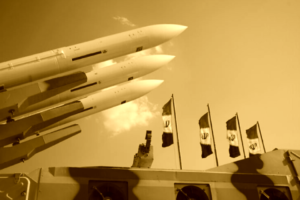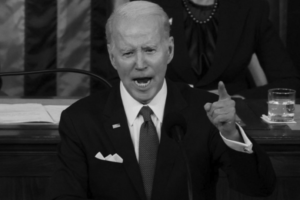
Leaders from European countries came together in Brussels to talk about the recent problems between Israel and Palestine. The agenda behind this talk was to find a way to peace from the war and find a long-term solution on it.
EU Calls for Talking Instead of Fighting
During the recent conflicts, a leader named Josep Borrell from the European Union (EU) said it’s very important to talk and find a solution where both Israel and Palestine can exist peacefully. Josep Borrell didn’t agree with Israel’s leader, Benjamin Netanyahu, who said no to the idea of a separate Palestinian state. Borrell thinks peace can’t only come from using military force.
Talking About a Two-State Solution
Borrell kept saying that the EU wants both Israel and Palestine to have their own separate states, and he asked everyone involved to discuss this idea seriously. He was worried about other possible solutions that might involve making all the Palestinians leave or harming them. The EU’s position matches what the United Nations has said about Netanyahu rejecting a Palestinian state.
Worsening Situation in Gaza
The Gaza’s current situation, a place where a lot of Palestinians live, is getting worse. Many Palestinians died, especially women and children. The European countries showing concerned about this and wants to do something to help.
EU’s Plan for Lasting Peace
Borrell shared a plan with EU leaders, calling it a “comprehensive approach.” The plan talks about conditions for what should happen after the conflicts end, like ending Israel’s long control over certain areas, stopping the group Hamas from governing, and letting the Palestinian Authority help with running things in Gaza.
Challenges in the EU’s Agreement
Even though EU leaders want to agree on a plan, not everyone in the EU sees things the same way. Countries, including Germany, strongly support Israel and don’t want an immediate end to the war. Countries including spain and Ireland, demand a stop to the conflicts. All countries find challenging to agree on the best way to bring peace.
What Happens After the War
The EU’s ideas for after the war include Israel giving up long-term control, Hamas stopping its rule, and letting the Palestinian Authority be involved in how Gaza is managed. However, Netanyahu doesn’t agree with these conditions and wants Israel to keep full control for its security, even after the conflicts end.
Netanyahu’s Stand on Israeli Security
Netanyahu made it clear in a video message that Israel must have complete control over a certain area to stay safe. He doesn’t want to negotiate on this, even if Hamas is defeated. This goes against the idea of having a separate state for the Palestinian people and could make it harder to reach on solution of two independent states.
Repeating the Control Message
During talks with the US President Joe Biden, Netanyahu repeated that Israel must control Gaza even after defeating Hamas. This could make negotiations complex and might create difficulties in reaching a final agreement for peace.
As countries around the world try to stop the fighting and encourage discussions, finding a way to bring peace to Israel and Palestine remains a big challenge. The meetings in Brussels are an important step, hoping that talking and working together can finally end the difficult situation in the region.






